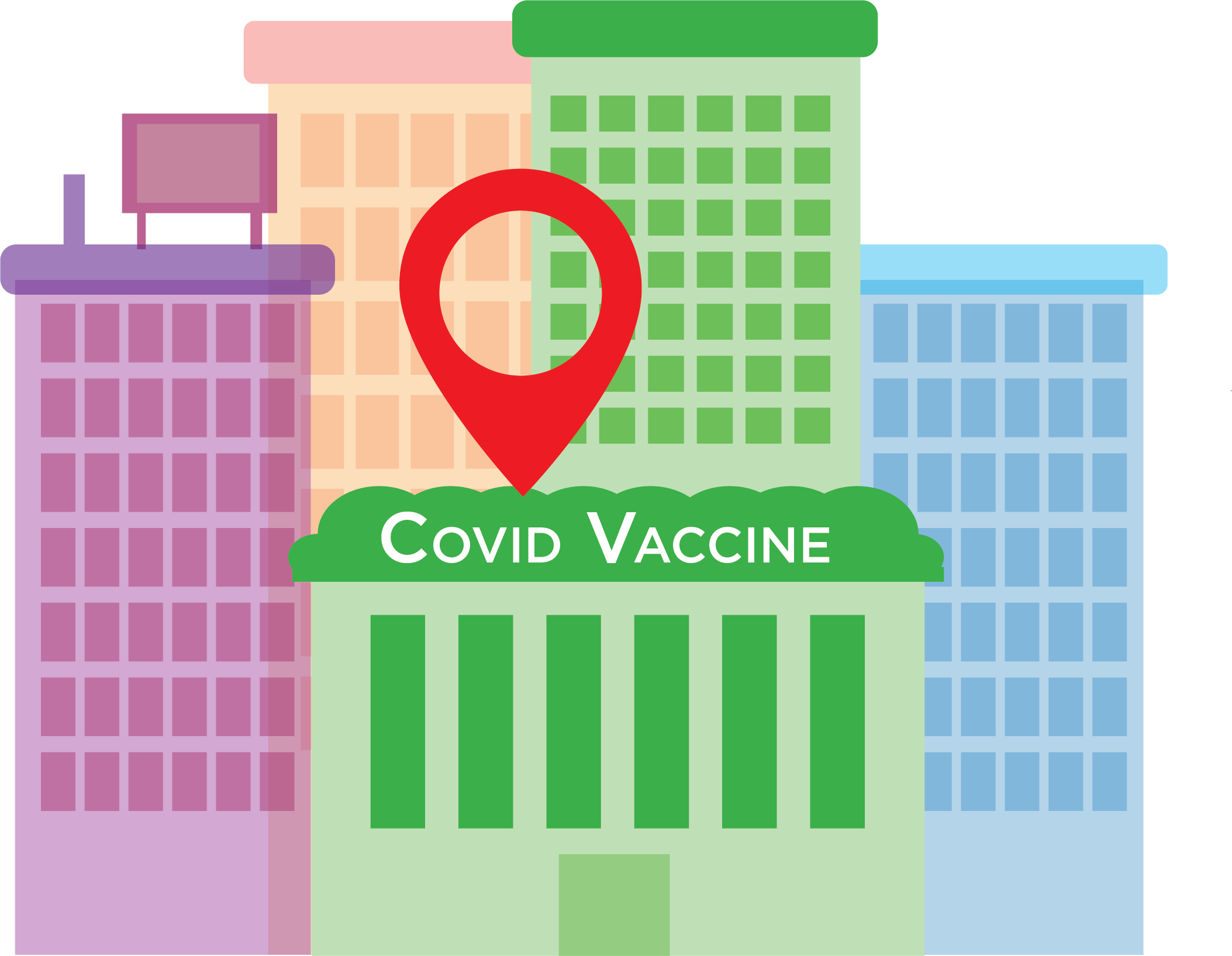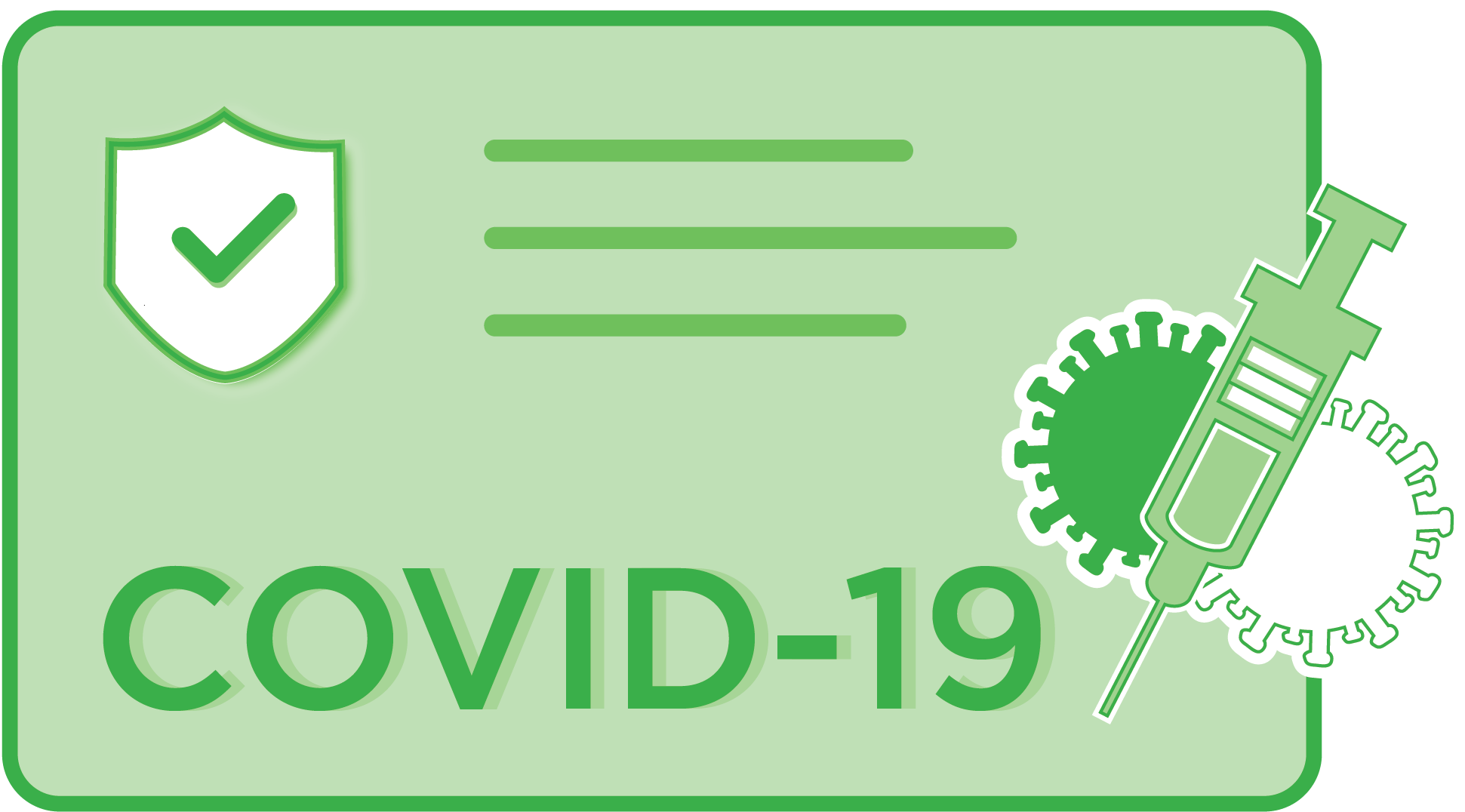
Before you get your COVID-19 vaccine, complete this helpful checklist:
- Speak with your doctor about any health conditions or medications. Your doctor will be able to discuss your individual needs, answer your questions and help you to determine that you can safely receive the vaccine.
- Do not attend your vaccination appointment if you have begun to display symptoms of COVID-19 or if you have had known exposure. Consult Centers For Disease Control and Prevention (CDC) guidelines and reschedule your appointment.
- Be ready for side effects.
- Do not “vaccine shop.” Accept the vaccine that is available at your appointment site.
- Wear a mask to your appointment. If possible, wear a short-sleeved shirt as well to make getting the vaccine quicker and easier for you and the provider.
- Stay at the clinic or vaccination site for 15 minutes after the shot is administered to ensure you aren’t having an immediate reaction.
- If possible, schedule the appointment to receive your second dose of the vaccine, if applicable.
- Report any side effects that you experience using the CDC’s V-Safe tool.
Here is a list of actions you should avoid when getting or planning to get your COVID-19 vaccine:
❌ Do not post a picture of your vaccine card on social media or share this information publicly.
❌ Do not discard your vaccine card.
❌ Do not pair the COVID-19 vaccinations with any other vaccines. Work with your doctor to ensure you wait the appropriate amount of time before and after your appointment to receive other vaccines.
❌ Do not skip or miss your appointment.
❌ On the day of your appointment, don’t take over the counter pain medications before getting the vaccine.
❌ Once you’ve received your vaccine, don’t forget to continue wearing a mask and social distancing until you are fully vaccinated. Follow the most up-to-date CDC guidelines to continue protecting yourself and others.
This information in this post is for general educational purposes only and does not warrant or represent any information as related to health as specifically appropriate for you. It is not intended to be medical advice or replace the relationship that you have with your health care providers. You should always seek medical advice on any diagnosis or treatment from a qualified health care provider. The information is provided “as is” without any representations or warranties, express or implied.







